 Welcome
Welcome
“May all be happy, may all be healed, may all be at peace and may no one ever suffer."
Dumping syndrome

Dumping syndrome is a condition that can occur after stomach surgery, such as a gastric bypass or other procedures that involve the removal or bypassing of a significant portion of the stomach. It is a group of symptoms that occur when food moves too quickly from the stomach into the small intestine, causing a rapid surge of glucose (sugar) into the bloodstream.
Symptoms of dumping syndrome can include nausea, vomiting, diarrhea, abdominal pain or cramping, bloating, rapid heartbeat, dizziness, and sweating. Symptoms usually occur within 30 minutes to 2 hours after eating and can be mild to severe, depending on the individual and the type and quantity of food consumed.
Dumping syndrome is caused by changes in the digestive system that occur after surgery, which can cause food to move more quickly through the digestive tract. This can cause a rapid surge of glucose in the bloodstream, leading to symptoms of dumping syndrome.
Treatment for dumping syndrome includes dietary changes, such as eating smaller, more frequent meals and avoiding foods that are high in sugar or carbohydrates. Medications may also be prescribed to slow the movement of food through the digestive tract, such as acarbose or octreotide. In some cases, surgery may be required to correct the underlying problem.
Preventing dumping syndrome involves following a careful diet and eating smaller, more frequent meals throughout the day, chewing food thoroughly, and avoiding high-sugar or high-carbohydrate foods. It is also important to avoid drinking liquids with meals, as this can cause food to move more quickly through the digestive tract.
Dumping syndrome can be a challenging condition to manage, but with proper treatment and dietary changes, many people are able to successfully control their symptoms and maintain good health.
Research Papers
Disease Signs and Symptoms
- Feeling bloated after eating
- Flushing, itching or hives
- Excessive sweat
- Rapid heartbeat (tachycardia)
- Dizziness, lightheadedness or faintness
- Dizziness (vertigo)
- Diarrhea
- Abdomen cramps
- Nausea or vomiting
- Weakness
Disease Causes
Dumping syndrome
In dumping syndrome, food and gastric juices from your stomach move to your small intestine in an uncontrolled, abnormally fast manner. This is most often related to changes in your stomach associated with surgery.
Dumping syndrome can occur after any stomach surgery or major esophageal surgery, such as removal of the esophagus (esophagectomy).
Disease Prevents
Disease Treatments
Early dumping syndrome is likely to resolve on its own within three months. In the meantime, there's a good chance that diet changes will ease your symptoms. If not, your doctor may recommend medications or surgery.
Medications
For people with severe signs and symptoms unrelieved by dietary changes, doctors sometimes prescribe octreotide (Sandostatin). This anti-diarrheal drug, administered by injection under your skin, can slow the emptying of food into the intestine. Possible side effects include nausea, vomiting and stomach upset.
Talk with your doctor about the proper way to self-administer the drug.
Surgery
Doctors use a number of surgical procedures to treat people who have dumping syndrome that doesn't respond to more conservative approaches. Most of these operations are reconstructive techniques, such as reconstructing the pylorus, or they're intended to reverse gastric bypass surgery.
Disease Diagnoses
Disease Allopathic Generics
Disease Ayurvedic Generics
Disease Homeopathic Generics
Disease yoga
Dumping syndrome and Learn More about Diseases

Head lice
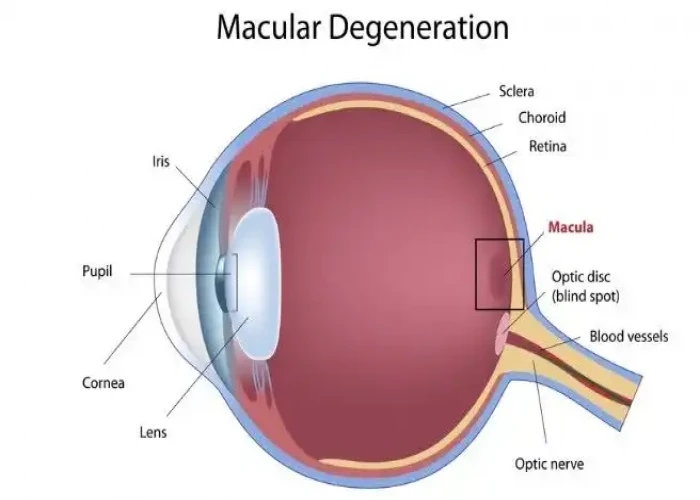
Wet macular degeneration
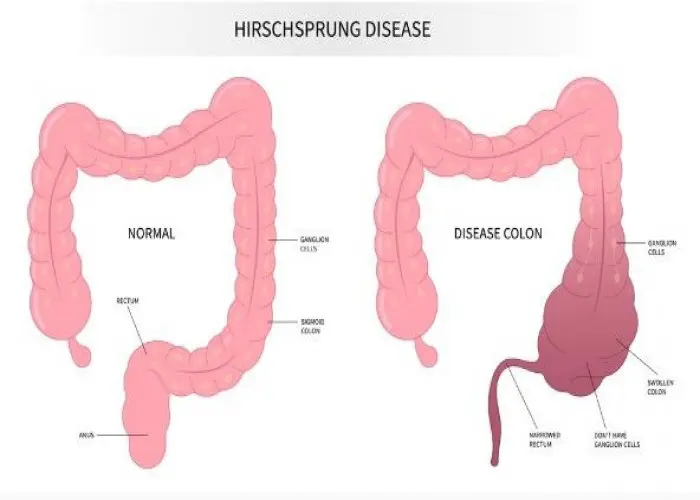
Hirschsprung's disease
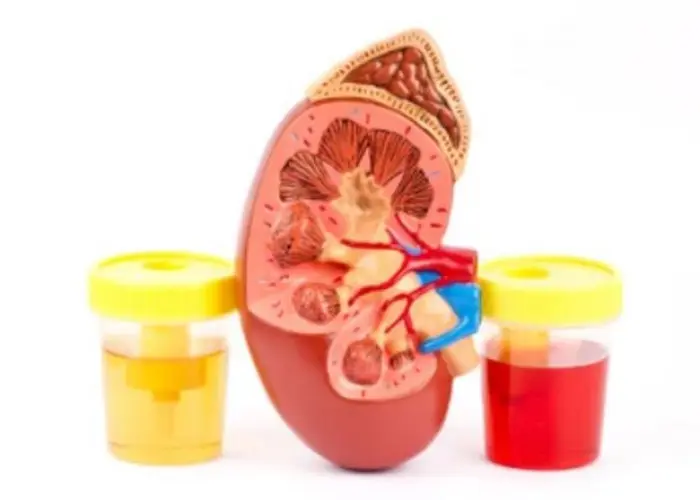
Blood in urine (Hematuria)

Precocious puberty

Boils (Absces or Carbuncles)
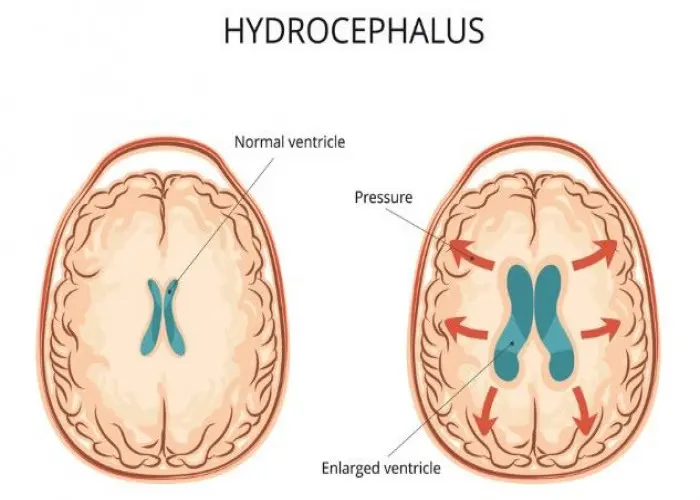
Hydrocephalus
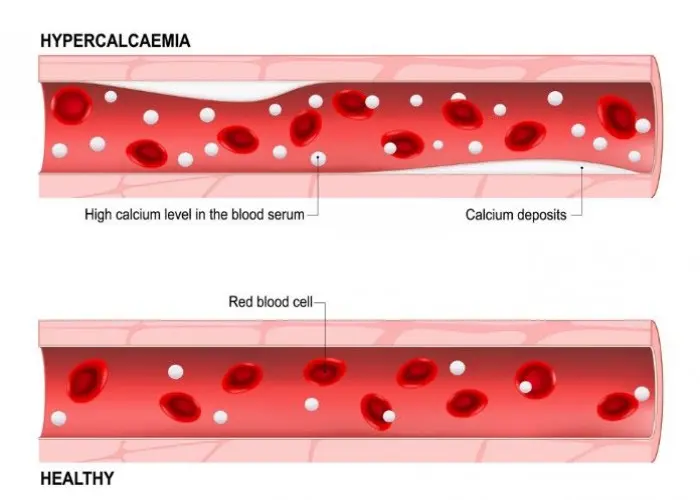
Hypercalcemia
dumping syndrome, ডাম্পিং সিনড্রোম
To be happy, beautiful, healthy, wealthy, hale and long-lived stay with DM3S.
